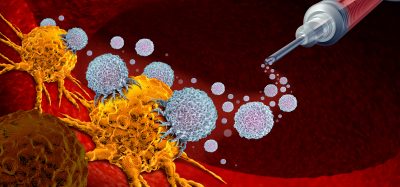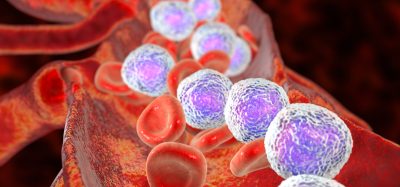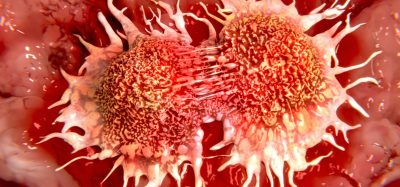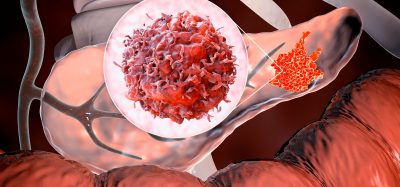Chemical probe switches off two cancer-causing proteins
Posted: 26 October 2015 | Victoria White
The discovery sheds new light on the role these proteins play in driving cancer cell proliferation…
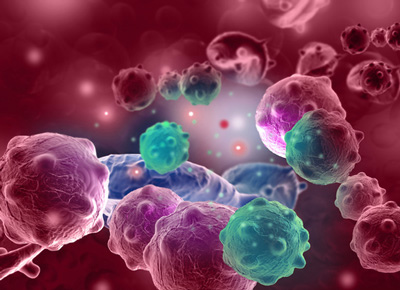
Scientists have created a highly specific and well-characterised chemical probe which can switch off two important proteins implicated in cancer – shedding new light on the role these proteins play in driving cancer cell proliferation.
A major new study announces the discovery of the first highly selective modulator of two proteins called CDK8 and CDK19 – members of an important family known as kinases – whose function is to regulate gene activation.
This well-characterised chemical probe will allow more precise analysis than ever before of the biological the roles of CDK8 and CDK19 in cancer and other cells.
The chemical probe (CCT251545) was discovered by screening a large collection of chemicals against the WNT signalling pathway in cancer cells. In this new study, the team describe the discovery that CDK8 and CDK19 are the biochemical targets of CCT251545.
The researchers report their work using a range of biological and biophysical techniques to show that CCT251545 potently and selectively binds to CDK8 and CDK19. They go on to explain how the probe binds to CDK8 and CDK19 and how this in turn blocks the WNT signalling pathway, a known driver of many bowel cancers.
CCT251545 is a highly specific chemical probe
Study co-leader Professor Julian Blagg, Deputy Director of the Cancer Research UK Cancer Therapeutics Unit at The Institute of Cancer Research, London, said, “This collaborative study describes our detailed characterisation of CCT251545 as a highly specific chemical probe for the kinases CDK8 and CDK19 that control gene activation. Publishing our work will enable the scientific community to use our probes to further explore the role of these closely related proteins in cancer and other diseases.”
Fellow study author Professor Paul Workman, Chief Executive of The Institute of Cancer Research, London, said, “The discovery of this new, highly specific chemical probe could help us to shed new light on an important pathway in cancer – and in biology generally – and help researchers to understand how to influence and exploit it.
“Chemical probes are very important tools in the development of new drugs, because they allow us to explore the effect of blocking cancer-causing proteins in cells. Our discovery through collaborative team science of highly potent, selective inhibitors for cancer proteins addresses an important need to find such probes for the huge area of the cancer signalling network that is still largely unexplored.”
Related topics
Oncology
Related organisations
Cancer Research, The Institute of Cancer Research (ICR)



